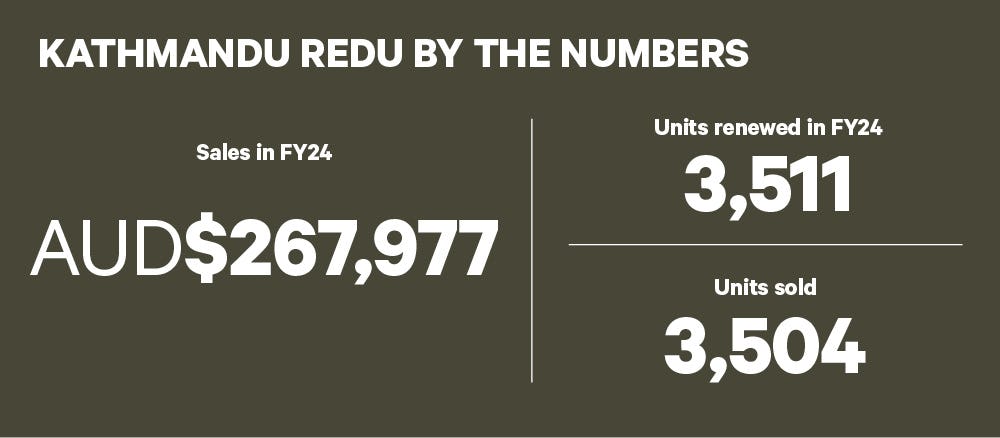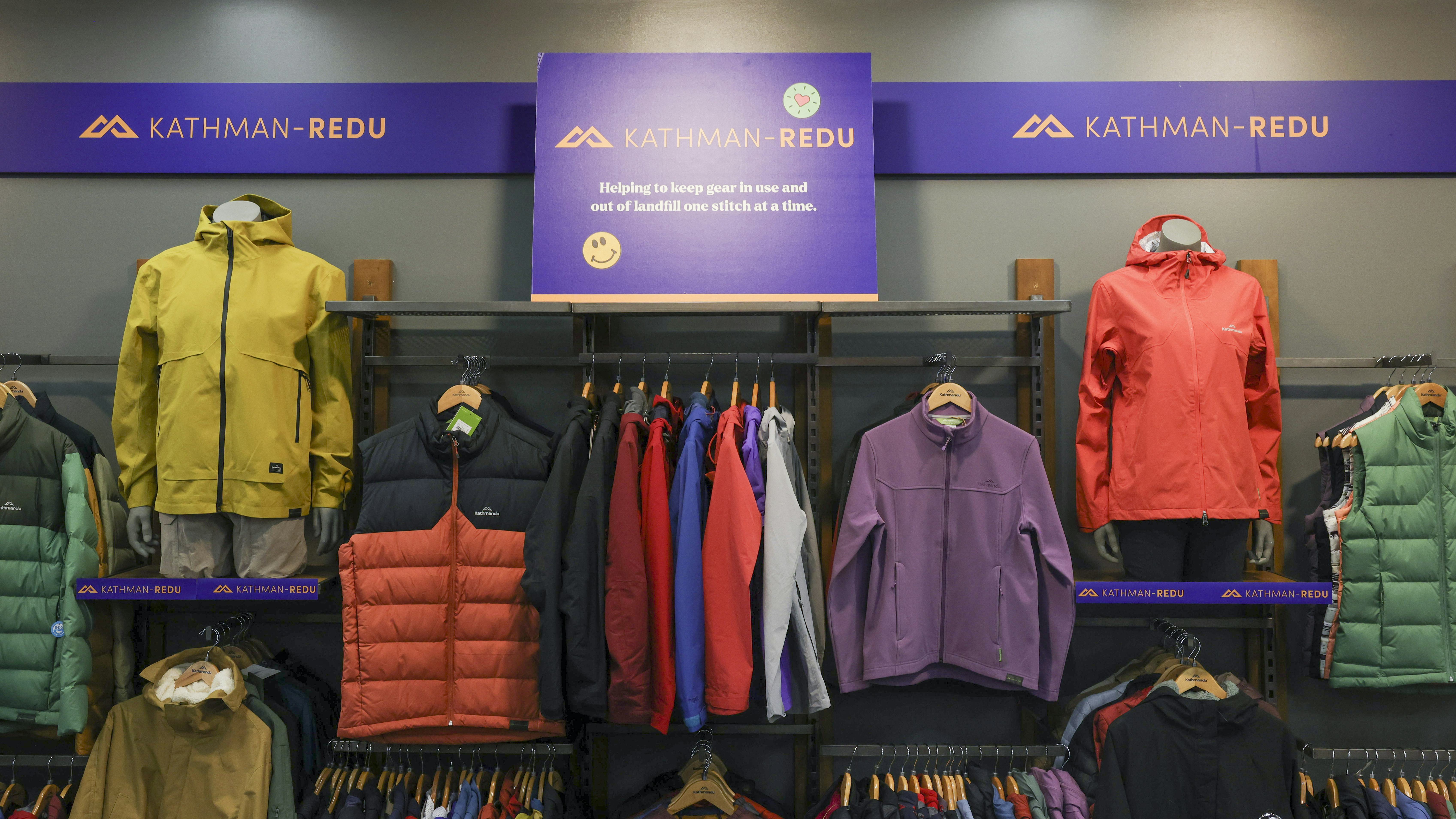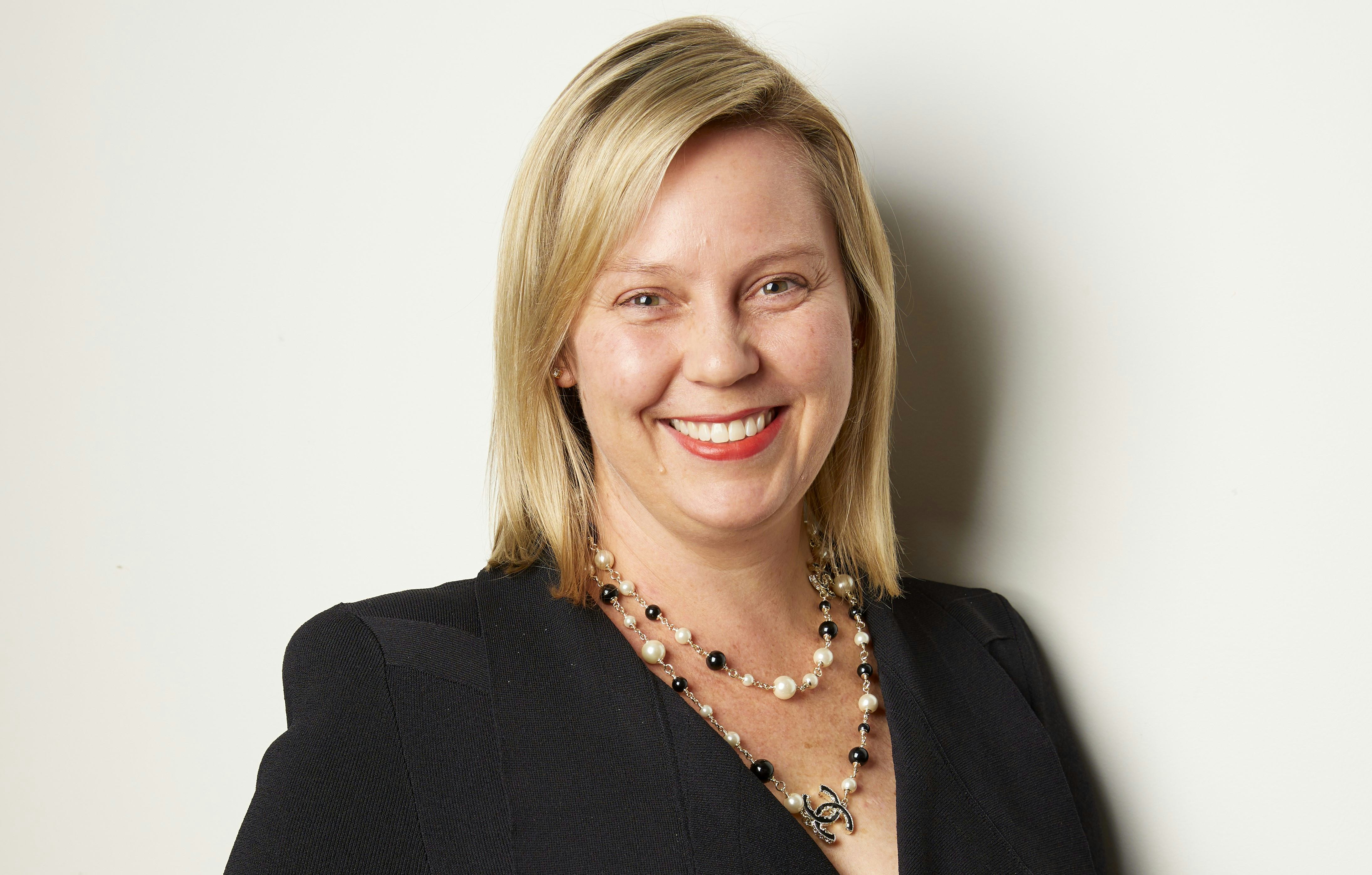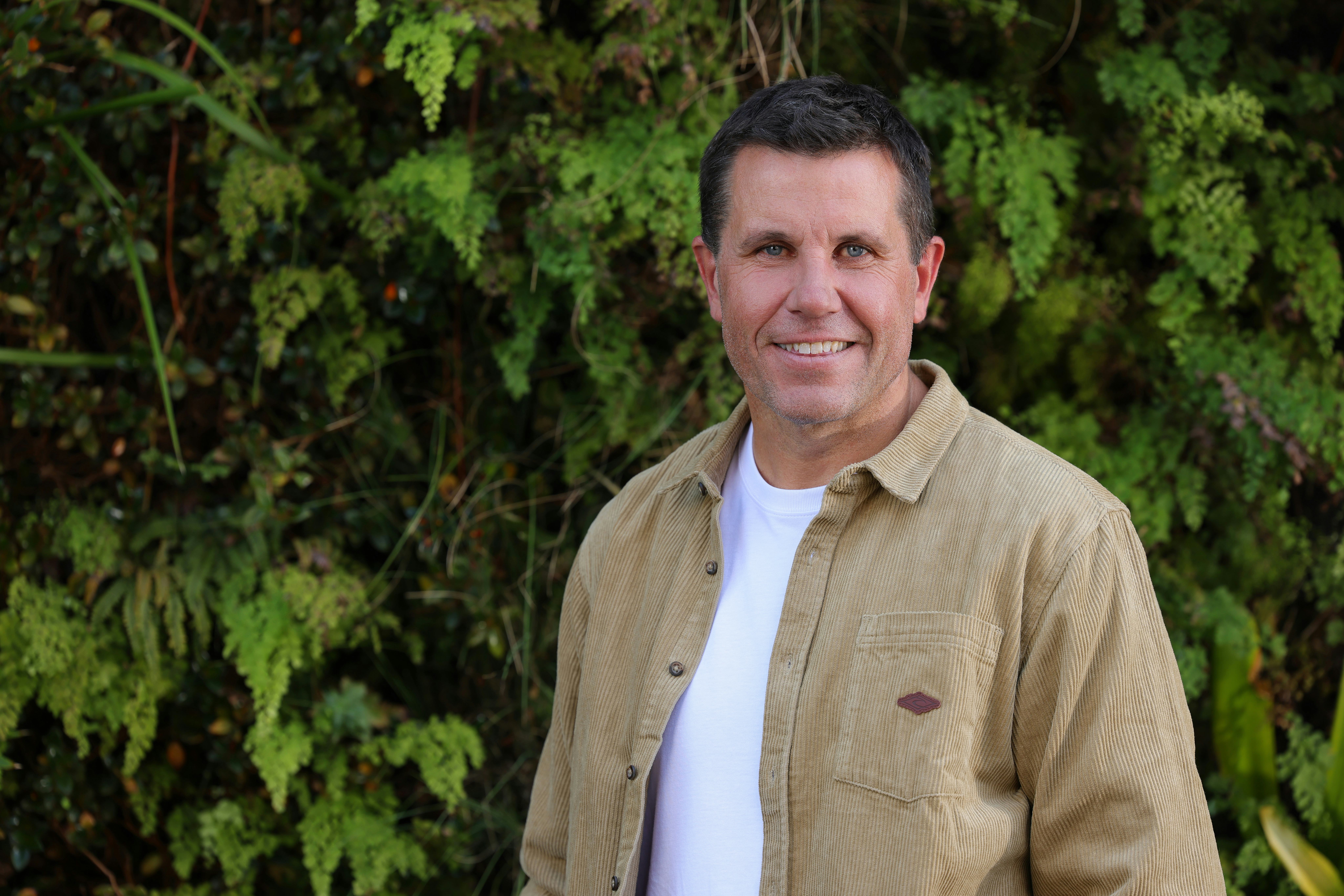Return to News
Kathmandu’s commitment to circularity
August 30, 2024
4 min read

At KMD Brands, our goal is to increase our commercialised brand-led circular business model offering to our customers. This means we are actively pursuing innovation and exploring opportunities within circularity. For the team at Kathmandu, this means focusing on renewal, repair, recommerce and recycling.
Kathmandu crafts rugged, high-quality products that are designed to last. We repurpose excess and damaged stock, warranty returns and samples through clearance, charity donations and staff sales while exploring innovative ways to rejuvenate our garments. One such innovation is REDU.
In early 2023 we launched REDU at two stores in Melbourne, piloting our approach with grant funding support from Sustainability Victoria. In FY24, we renewed 3,511 items of clothing in Australia. Almost all of those garments were successfully sold. Over 6,000 items have been renewed since the program launched.
After 18 months of running the program, we gathered valuable customer feedback, which is helping shape the next critical phase of REDU as we scope opportunities to expand to New Zealand.

“This isn’t just about repairing clothes; it’s about reshaping our linear business model to adapt to a circular one. By reviving garments, we are changing the way our business has operated since its inception, showing that every piece of clothing has more to offer,” says KMD Brands ESG Specialist Georgia Tangney.

Expanding circular initiatives
Kathmandu also continues to expand our partnership with textile recycling initiatives Upparel in Australia and ImpacTex in New Zealand.
Customers can drop their used or unwanted Kathmandu gear in designated Upparel or ImpacTex bins to be reused, recycled or repurposed. Some of these items are donated to charity partners, some are recycled, and others returned to retail, once they have been cleaned and repaired, as a part of REDU.
Through these partnerships, Kathmandu diverted 2.57 metric tonnes of textiles from landfill in Australia and 0.38 metric tonnes in New Zealand in FY24. This is a significant step towards reducing our environmental footprint and creating value from materials that would otherwise go to waste.



